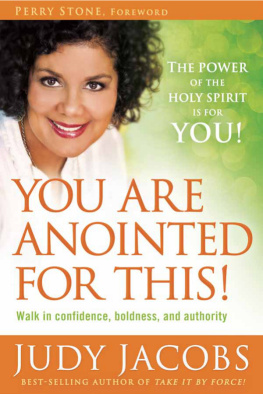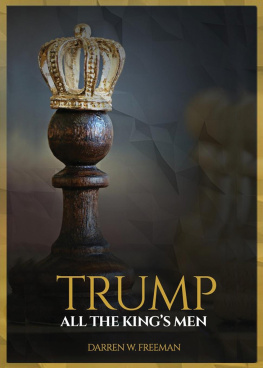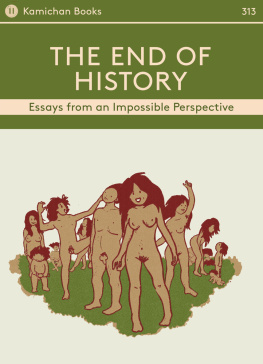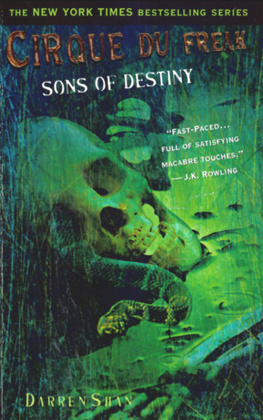Darren Dochuk - Anointed with Oil
Here you can read online Darren Dochuk - Anointed with Oil full text of the book (entire story) in english for free. Download pdf and epub, get meaning, cover and reviews about this ebook. year: 2019, publisher: Basic Books, genre: Detective and thriller. Description of the work, (preface) as well as reviews are available. Best literature library LitArk.com created for fans of good reading and offers a wide selection of genres:
Romance novel
Science fiction
Adventure
Detective
Science
History
Home and family
Prose
Art
Politics
Computer
Non-fiction
Religion
Business
Children
Humor
Choose a favorite category and find really read worthwhile books. Enjoy immersion in the world of imagination, feel the emotions of the characters or learn something new for yourself, make an fascinating discovery.
- Book:Anointed with Oil
- Author:
- Publisher:Basic Books
- Genre:
- Year:2019
- Rating:3 / 5
- Favourites:Add to favourites
- Your mark:
- 60
- 1
- 2
- 3
- 4
- 5
Anointed with Oil: summary, description and annotation
We offer to read an annotation, description, summary or preface (depends on what the author of the book "Anointed with Oil" wrote himself). If you haven't found the necessary information about the book — write in the comments, we will try to find it.
Darren Dochuk: author's other books
Who wrote Anointed with Oil? Find out the surname, the name of the author of the book and a list of all author's works by series.
Anointed with Oil — read online for free the complete book (whole text) full work
Below is the text of the book, divided by pages. System saving the place of the last page read, allows you to conveniently read the book "Anointed with Oil" online for free, without having to search again every time where you left off. Put a bookmark, and you can go to the page where you finished reading at any time.
Font size:
Interval:
Bookmark:
Copyright 2019 by Darren Dochuk
Cover design by Ann Kirchner
Cover image copyright Paul Souders / Getty Images
Cover copyright 2019 Hachette Book Group, Inc.
Hachette Book Group supports the right to free expression and the value of copyright. The purpose of copyright is to encourage writers and artists to produce the creative works that enrich our culture.
The scanning, uploading, and distribution of this book without permission is a theft of the authors intellectual property. If you would like permission to use material from the book (other than for review purposes), please contact permissions@hbgusa.com. Thank you for your support of the authors rights.
Basic Books
Hachette Book Group
1290 Avenue of the Americas, New York, NY 10104
www.basicbooks.com
First Edition: June 2019
Published by Basic Books, an imprint of Perseus Books, LLC, a subsidiary of Hachette Book Group, Inc. The Basic Books name and logo is a trademark of the Hachette Book Group.
The Hachette Speakers Bureau provides a wide range of authors for speaking events. To find out more, go to www.hachettespeakersbureau.com or call (866) 376-6591.
The publisher is not responsible for websites (or their content) that are not owned by the publisher.
Library of Congress Cataloging-in-Publication Data
Names: Dochuk, Darren, author.Title: Anointed with oil: how Christianity and crude made modern America / Darren Dochuk.Description: First edition. | New York: Basic Books, 2019. | Includes bibliographical references and index.Identifiers: LCCN 2018057051| ISBN 9780465060863 (hardcover) | ISBN 9781541673946 (ebook)Subjects: LCSH: United StatesChurch history. | BusinessReligious aspectsChristianity. | PetroleumUnited StatesHistory. | Petroleum industry and tradeUnited StatesHistory. | Oil industriesUnited StatesHistory.Classification: LCC BR517 .D55 2019 | DDC 261.8/5dc23LC record available at https://lccn.loc.gov/2018057051ISBNs: 978-0-465-06086-3 (hardcover), 978-1-5416-7394-6 (ebook)
E3-20190422-JV-NF-ORI
Contents
For DebraExplore book giveaways, sneak peeks, deals, and more.
Tap here to learn more.
P atillo Higgins sensed oils arrival before setting eyes on it. Tired after a day of trading timber and fighting a January wind, he prodded his old horse along, eager to settle into the ease of home. As the weary duo made their way through the Gulf Coast town of Beaumont, Texas, Patillo heard someone frantically calling his name. Mr. Higgins! Jim Collier, a former business partner, hollered from across the street. Mr. Higginsdid you know you [are] the wisest man in the world? Perplexed, the rider appealed for details. The Lucas 1 oil well had come inand spectacularly soat Spindletop, a hill just south of town. It was the exact spot of soil Higgins had long predicted would someday spew liquid gold and make Beaumont forever rich.
Higgins resumed his journey, anxious to get a look. As he drew closer he began to smell the noxious fumes wafting overhead; their pungency overpowered the wood smokeespecially dense this wintery dayfanning out of Beaumonts chimneys. Then he heard the roar and finally caught a glimpse of the column rising in the distance, off the natural earth mound and high into the sky. Arriving at the heart of the action, he stood alongside Beaumonts rapt denizens, tilted his head to
Awed by the spectacle, Patillo Higgins nevertheless experienced a range of other emotions. The Lucas gusher of January 10, 1901, had proved him right: pools of oil did indeed rest beneath Beaumont. Yet his self-satisfaction dimmed as he saw the praise heaped upon Anthony Lucas, whose persistence would now yield riches. The multitudes who descended on Spindletop to witness history, Higgins thought, should have been there because of him.
His jealousy must have been disorienting, for a sense of divine certainty had accompanied his every move for quite some time. Such assurance had not come easily, though. Born in 1863, at the height of the Civil War, in a rough coastal section of Southeast Texas, Higgins matched the tumult of his moment and place. When he was six, his family moved north to the lumber town of Beaumont, where townsfolk came to know him simply as Bud, a prankster who loved to gamble, drink, and brawl. Higginss delinquency culminated in a violent encounter with a sheriff, who had been called in to stop the armed ruffian from harassing a black church. In the ensuing gunfire, both hit their mark, but only Higgins survived, albeit with his left arm so mangled that it had to be amputated. A jury deemed the killing self-defense. Having narrowly escaped conviction for murder, Higgins soon changed his waysdramatically.
His new direction came by way of the cross. In 1885, the one-armed renegade attended a fire-and-brimstone revival at Beaumonts opera house, conducted by Reverend William Penn. A towering, 250-pound Confederate veteran, Penn was a Christian warrior known for his black
Higgins tried several vocations before discovering oil. He dabbled in lumber, then brick making. After forming the Higgins Manufacturing Company, he traveled north to gain expertise in his new trade. His visits to industrial compounds with brick-making activity took him to the tucked-away oil region of western Pennsylvania. There, in Titusville three decades earlier, another enterprising sojourner named Edwin Drake had first proved that subterranean crude could be summoned to the surface. Ingratiating himself with locals and embracing the exhilaration of an oil-flush region that journalists came to refer to as Petrolia, Higgins apprenticed himself in the art of reading the land. Once sure he knew how to survey any topography for signs of rich loam, Higgins returned to Southeast Texas and started seeking his fortune, with Jesus, he liked to think, by his side.
The sequence of events that followed consecrated his marriage to God and black gold. Initially Higgins hunted oil as efficient fuel for his kilns, but it quickly became the endgame. Not for the last time, his Christian commitments complemented his evolving financial priorities. After resettling in Beaumont in 1891, he joined First Baptist, the towns leading church. Deep conviction and desire for acceptance compelled him to serve this congregation in whatever capacity possible, even if it meant teaching a Sunday school class of unruly eight-year-old girls. On one fortuitous Sunday, Higgins took his charges out of town to show them an everyday application of religion in the appreciation of nature. With a dozen pupils in tow, he made his way to a quiet spot on Spindletop where springs of water bubbled enchantingly. Higgins had been to the springs before, but this time he noticed clouds of a gaseous substance and hints of an auspicious rock formation. Excited about the
Together the two formed in 1892 what Higgins insisted be titled the Gladys City Oil, Gas, and Manufacturing Company. The companys namesake drew frowns of disapproval around Beaumont. Higgins, by then a thirty-year-old bachelor, had become infatuated with a Sunday school pupil, Gladys Bingham. He promised to marry her one day. For the time being, he placed her image on the companys official emblem. Over the course of the next two years, with the backing of Carroll and local Methodist businessman George OBrien, Higgins devised a bold plan. Based on its anticipated lucrative finds of oil and gas, the Gladys City corporation would construct a utopian towna model industrial city on the Texas Gulf Coast replete with a refinery, pipelines, harbor, and thriving business sector and communal life. Higgins exclaimed that zones [would be] designated for schools and churches, and provision made for numerous city parks, a town hall, and a handsome public square. Higgins did not simply want to find oil. Like an apostle, he wanted to channel it toward realization of human perfection and heavenly splendor.
Next pageFont size:
Interval:
Bookmark:
Similar books «Anointed with Oil»
Look at similar books to Anointed with Oil. We have selected literature similar in name and meaning in the hope of providing readers with more options to find new, interesting, not yet read works.
Discussion, reviews of the book Anointed with Oil and just readers' own opinions. Leave your comments, write what you think about the work, its meaning or the main characters. Specify what exactly you liked and what you didn't like, and why you think so.

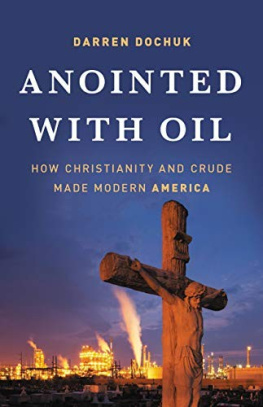
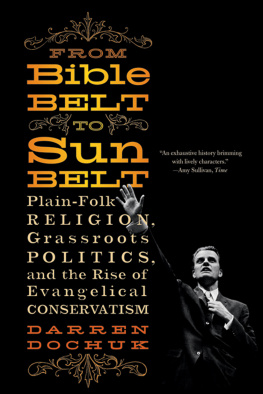
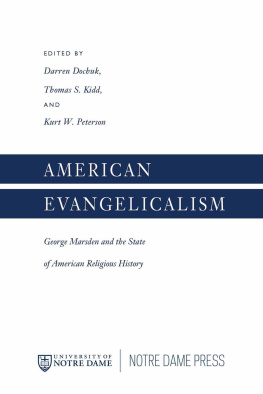
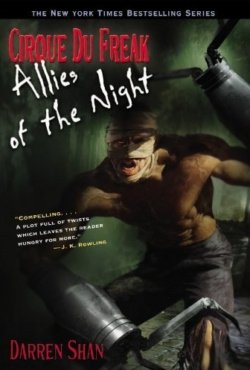
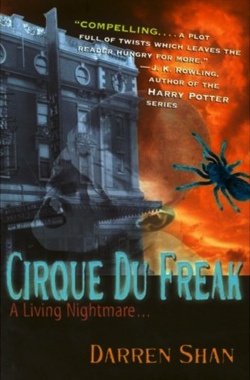
![Darren Shan - Cirque Du Freak [A Living Nightmare]](/uploads/posts/book/510746/thumbs/darren-shan-cirque-du-freak-a-living-nightmare.jpg)
